Life
Sign up for our newsletter
We summarize the week's scientific breakthroughs every Thursday.
-
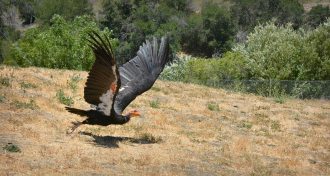 Animals
AnimalsWildfires are an unexpected threat to California condors
Lead poisoning remains a threat to California condors, but a new review finds that wildfires may also be a danger to the big birds.
-
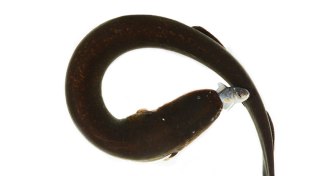 Life
LifeHow electric eels put more zip in their zap
With feisty prey, an electric eel curls its tail to intensify shocks and exhaust prey.
By Susan Milius -
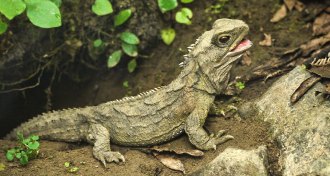 Life
LifeRare reptile holds clue to penis evolution
Preserved Victorian specimens reveal budding embryonic penis that disappears before adulthood.
By Susan Milius -
 Life
LifeCats versus viruses: Arms race goes back millennia
A special protein has been protecting cats from feline AIDS for at least 60,000 years, genetic analysis suggests.
-
 Animals
AnimalsCat-versus-virus arms race goes back millennia
Researchers have found evidence of an ancient arms race between Felis silvestris catus, the species familiar today as the domestic cat, and feline immunodeficiency virus.
-
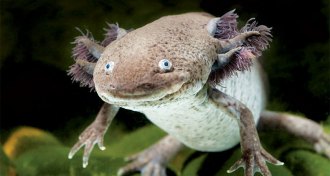 Animals
AnimalsSalamander ancestors could regenerate limbs
Salamanders and ancient amphibians share similar way of regenerating limbs.
-
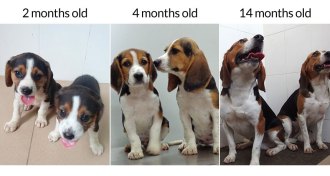
-
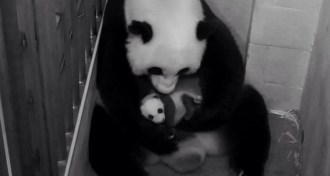 Animals
AnimalsAs panda baby grows, mom’s milk changes
In the first month after a mama panda gives birth, her milk changes in composition, a new study finds.
-
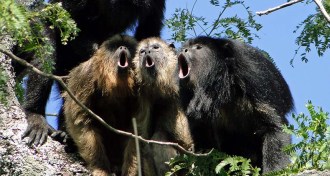 Animals
AnimalsHowler monkeys sacrifice sperm for deeper roars
In howler monkeys, expanded vocal tracts make for deeper-voiced males with smaller testes, researchers find.
-
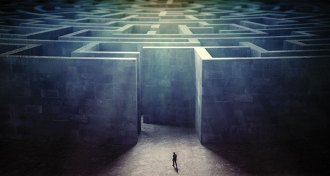 Neuroscience
NeuroscienceSigns of Alzheimer’s seen in young brain’s GPS cells
Signs of Alzheimer’s can show up in the brain’s compass decades before symptoms strike.
By Meghan Rosen -
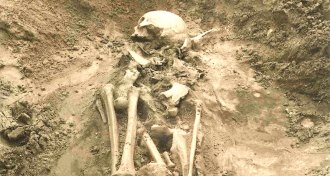 Anthropology
AnthropologyPlagues plagued the Bronze Age
Ancient bacterial DNA provides first clues to Bronze Age plagues in Europe and Asia.
By Bruce Bower -
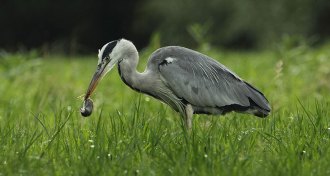 Animals
AnimalsInvasive species may be great snacks for predators
The arrival of a new food source can benefit predators, a new study finds. But if there are no native species around to eat, it’s a different story.